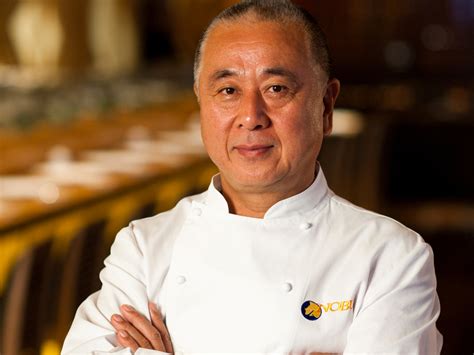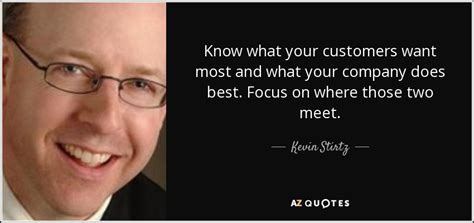A Quote by Nobu Matsuhisa
I learned from my first restaurant: Make customers happy, make sure the customer comes back again. And automatically, success has followed me.
Quote Topics
Related Quotes
I think maybe 50 years ago people and businesses felt like they had to choose between maximizing profits and making customers happy or making employees happy, and I think we're actually living in a special time where everyone's hyperconnected, whether through Twitter or blogs and so on. Information travels so quickly that it's actually possible to have it all, to make customers happy through customer service, to make employees happy through strong company cultures, and have that actually drive growth and profits.
Even when I ran my bar I followed the same policy. A lot of customers came to the bar. If one in ten enjoyed the place and said he'd come again, that was enough. If one out of ten was a repeat customer, then the business would survive. To put it another way, it didn't matter if nine out of ten didn't like my bar. This realization lifted a weight off my shoulders. Still, I had to make sure that the one person who did like the place.
The outside-in discipline requires that you have an explicit customer-based reason for everything you do in the marketplace. Managers need to create what I call "customer pictures," verbal descriptions of customers that highlight the key customer characteristics and make those customers come alive. Although managers never know as much about customers as they want and need to know, the outside-in discipline requires that they construct customer pictures anyway, basing the pictures on whatever hard data they have plus hypotheses and intuition.
Loyal customers, or customers who recommend their friends, give me the most pride. I think that is the biggest compliment I can get. I think in the restaurant business, it takes patience from the customer to spark up a relationship with the restaurateur, but it takes also work from the restaurateur to spark up a relationship with his customer.
In fact, I believe the first companies that make an effort to develop an authentic, transparent, and meaningful social contract with their fans and customers will turn out to be the ones that are the most successful in the future. While brands that refuse to make the effort will lose stature and customer loyalty.







































